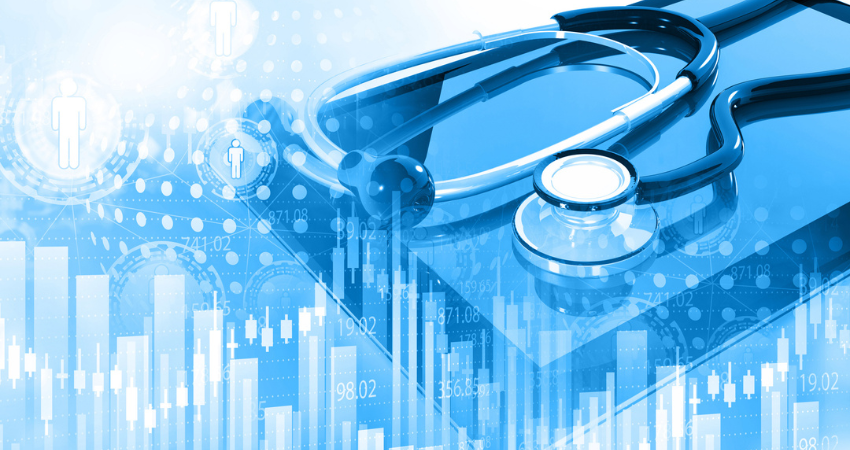The Offshore Litigation Blog and our contributors
The Harneys Offshore Litigation Blog is a unique online hub for news and insights about offshore litigation in jurisdictions including the British Virgin Islands, the Cayman Islands, and Bermuda. We are the authoritative resource for recent cases, jurisdictional news, court lists, interviews with the judiciary and even some tips on island life.
${totalItems} results
${customFilterHeading} Showing ${showingItems} of ${totalItems} results ${searchTerm}
${facet.Name} (${facet.TotalResults})

Appointment of an Equitable Receiver in Cyprus
Harneys successfully secured the appointment of a receiver by way of equitable execution over a Cyprus private company, in order to assist in the execution of a judgment against a villa in Limassol Marina.
10 Dec 2025

Cayman Court extends writ validity to facilitate service under the Hague Convention
In a recent decision of the Cayman Islands Grand Court, Justice Asif KC granted leave to serve foreign defendants out of the jurisdiction and extended the validity of a writ to accommodate service under the Hague Convention: Linksure Global Ltd v Infinite Solution Ltd.
15 Oct 2025

Successful recovery of €9 million through garnishee proceedings in Cyprus
Harneys secured a significant recovery of approximately €9 million for our client through garnishee (attachment of debt) proceedings against two major banks in Cyprus.
13 Oct 2025

Fraud unravels everything – how the BVI Courts can assist
Fraudsters sometimes choose offshore vehicles in their illegal schemes under the mistaken belief that the misappropriated assets will not be found or that the victims of fraud will not be able to identify the fraudsters.
18 Sep 2025

Cayman Court Appoints Provisional Liquidators to New Horizon Health Limited
On 8 July 2025, New Horizon Health Limited (the Company), a Cayman company listed on the Hong Kong Stock Exchange (HKEX), filed a petition to appoint provisional liquidators (PLs).
15 Sep 2025

Cayman Islands Court dismisses application to appoint joint provisional liquidators
In a recent decision of In the matter of TROOPS Inc, the Grand Court declined to appoint joint provisional liquidators (JPLs) on an ex parte basis over TROOPS Inc. (the Company). The ruling provides a useful reminder of the Court’s “especially cautious” approach to pressing the “nuclear button” of appointing JPLs, especially when that appointment is sought on an ex parte without notice basis.
28 Aug 2025

Worldwide freezing injunction in Cayman: a “very big step to take” albeit not impossible
In Target Global Growth Fund II v Liu Xun, the Grand Court of the Cayman Islands granted the Plaintiffs’ application for a worldwide freezing injunction against the Defendant’s assets up to a value of US$35 million, as well as a proprietary injunction targeting specific assets.
19 Aug 2025

Anti-enforcement injunction where a foreign judgment has been obtained by fraud
In Commercial Bank of Dubai PSC v Al Sari, the English Commercial Court granted a declaration sought by the Bank that a United Arab Emirates Court judgment in favour of the defendants was obtained by fraud. The decision also clarifies that the rule in House of Spring Gardens v Waite (No 2) does not apply to enforcement proceedings, such that a party is not precluded from re-litigating the issue of fraud in a domestic court where the same issue had been dismissed in the foreign court.
11 Aug 2025

Undue influence: Supreme Court clarifies lender duties for hybrid loan transactions
On 4 June 2025, the Supreme Court handed down judgment in Waller-Edwards v One Savings Bank Plc. The judgment provides welcome certainty to lenders as to when they are put ‘on inquiry’ of undue influence in hybrid loan transactions.
09 Jun 2025

UK Supreme Court examines the question of who may be liable to contribute to estate assets under the English statutory provision for fraudulent trading (Section 213 of the Insolvency Act)
The UK Supreme Court has recently provided important clarification as to the breadth of Section 213 of the Insolvency Act in Bilta (UK) Ltd (In Liquidation) v Tradition Financial Services Ltd (Bilta), holding that it is not intended to apply only to persons exercising management or control of the company’s business, but extends also to third party outsiders who have assisted or knowingly become parties to the carrying on of fraudulent business.
05 Jun 2025

“Lifting the veil”: Eastern Caribbean Court of Appeal reaffirms limits of looking behind the corporate form
In the recent unreported decision of Clico International Life Insurance Ltd & Anor v Eastern Caribbean Baptist Mission & Ors, the Eastern Caribbean Court of Appeal (COA) provided useful guidance on when it is appropriate to “lift the veil”, as an exception to the well-established legal principle that companies have separate legal personality.
13 May 2025

BVI shares: a 'trust' issue in English Courts
The recent English High Court decision in Kireeva v Clement Glory Limited considered conflicts of law principles for the purposes of determining the location of shares in a BVI company and whether the English Court had jurisdiction to hear a trust claim regarding the beneficial ownership of BVI shares.
08 May 2025

